“Initially, we believed the illicit addiction was a South African problem. But now, as it appears, when South Africa is cold, it is Lesotho that sneezes. Foreigners, who are coming into Lesotho are the ones bringing the illicit drugs with them, sometimes with the help of locals,” she says.
 Credit: Fr. Paul Tatu/Lesotho
Credit: Fr. Paul Tatu/Lesotho
Asked whether drug addiction is alarming in Lesotho, Tumisi says, “Alarming is an understatement. This is a pandemic.”
In the fight against drug addiction among the children and the youth, it does not help being a single parent, Tumisi says, and explains, “Addicted children become unruly. And it is not easy to control an unruly child when you are a single parent.”
However, not every married woman gets the support from their spouses when they seek help in dealing with their children who are addicted to illicit drugs.
(Story continues below)
Tumisi says that some men in Lesotho feel that their authority is undermined when their spouses ask them for help to deal with such children.
Again, there is no treatment yet for people who are addicted to illicit drugs in Lesotho. Tumisi says that the addiction is not seen as a health challenge but a criminal one. The Church also has not seen it as a spiritual challenge.
Because the country’s only rehabilitation facility was closed down in 2020, addicts turn into mental cases and are referred to psychiatric facilities, she says.
In Lesotho, drug addiction is linked to gender-based violence.
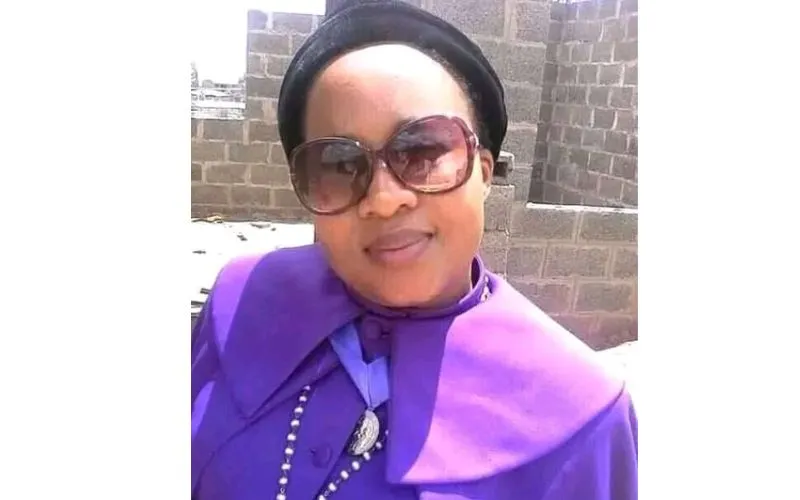 Credit: Fr. Paul Tatu/Lesotho
Credit: Fr. Paul Tatu/Lesotho
“Two days ago, a woman was found buried under her own bed, killed by her own son. It turned out that the young man was a drug addict,” Tumisi shared with ACI Africa during the April 8 interview.
She added, “Addicts can do anything to get high, and when they are high on illicit drugs, they can do anything, including sexual molestation and killing.”
“Our children are killing us mentally, spiritually, financially, and otherwise. Many are in tertiary intuitions and are not graduating from school,” she laments.
A year after its formation, MoM members have managed to push Lesotho’s legal system to implement harsher punishment for drug offenders.
Tumisi says that for decades, the country has been lenient to drug peddlers who are required, under the law that was formed in the 1970s, to pay only about 1,000 Loti (US$54.00). But MoM pushed for the implementation of the country’s 2008 act that fines drug lords and users up to 2 million Loti (US$108,027.00).
Additionally, the association is journeying with young addicts, who are on the journey to recovery from their addiction.
MoM members have also been in talks with various stakeholders to have rehabilitation facilities put up across Lesotho to provide treatment for addicts.
Tumisi envisions a drug free Lesotho with young people who are gainfully employed.
“We need to see these people getting treatment. We need to see a Lesotho that is getting a little but sober. As it is now, with all these youths getting into addiction, we’ll have addicted teachers, addicted government officials, and addicted people everywhere,” she says, and adds, “As we celebrate 200 years as a nation, we want to see a more productive Lesotho, a soberer Lesotho.”
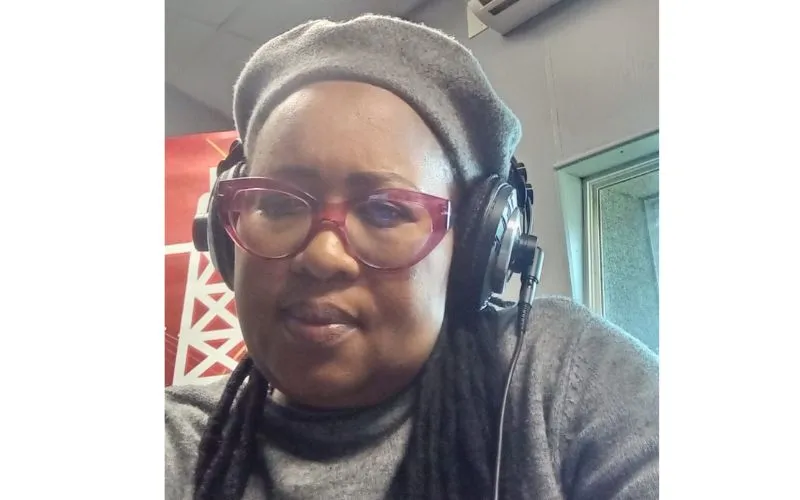 Credit: Fr. Paul Tatu/Lesotho
Credit: Fr. Paul Tatu/Lesotho
In the fight for a drug-free Lesotho, Tumisi sees immense potential in the Basotho population, which is 45 percent Catholic.
“The Catholic Church is known in Lesotho for having made such a big impact in education, in health, and in many other areas of development locally. I believe that the Church can make a huge impact in addressing this drug pandemic. The Church has the muscle to facilitate the construction of rehabilitation centers across the country,” she says.
The Biggest challenge for MoM is funding, Tumisi says, and explains, “Advocacy needs money. We are operating at a zero budget. We are a new organization that has no funds at all. We use our own money.”
“We have come up with creative ways to raise funds. We have organized a gala dinner on April 27 to raise some funds. We urgently need to construct our first rehabilitation centre,” she told ACI Africa on April 8.
Agnes Aineah is a Kenyan journalist with a background in digital and newspaper reporting. She holds a Master of Arts in Digital Journalism from the Aga Khan University, Graduate School of Media and Communications and a Bachelor's Degree in Linguistics, Media and Communications from Kenya's Moi University. Agnes currently serves as a journalist for ACI Africa.



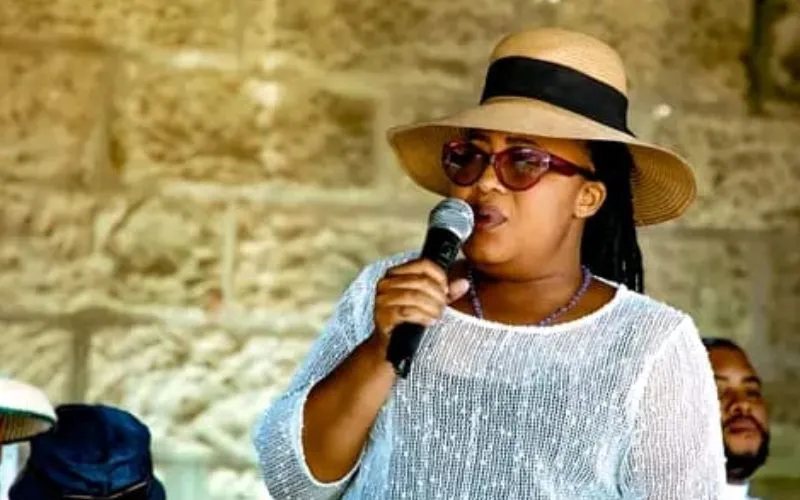
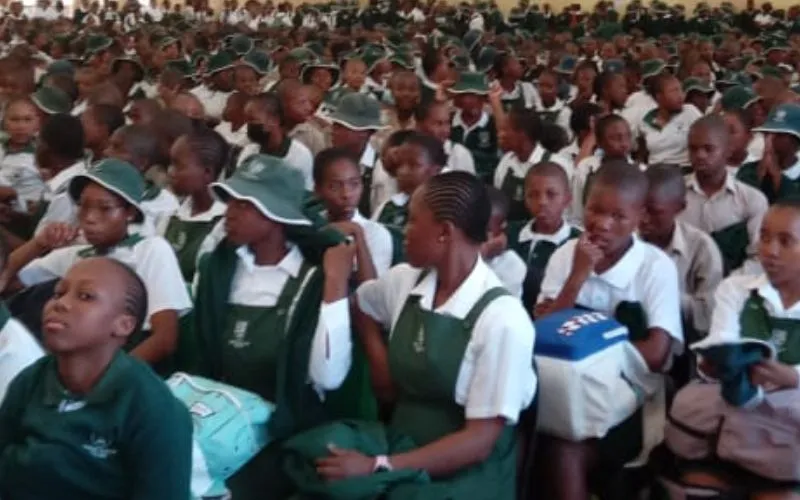 Credit: Fr. Paul Tatu/Lesotho
Credit: Fr. Paul Tatu/Lesotho
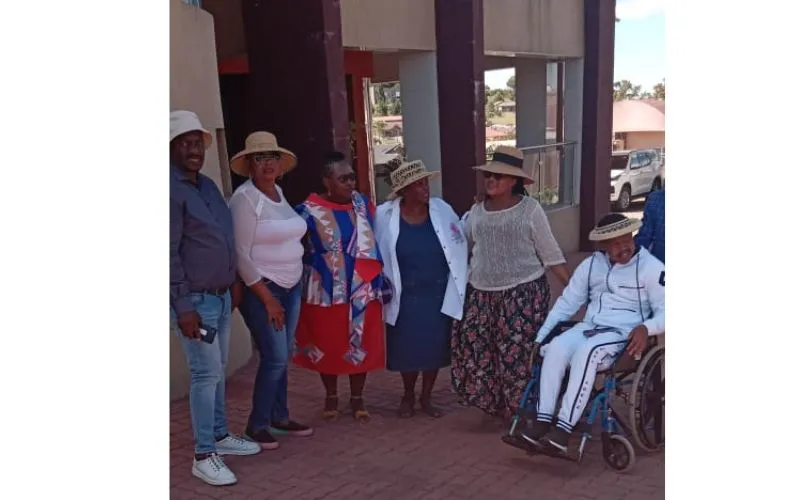 Credit: Fr. Paul Tatu/Lesotho
Credit: Fr. Paul Tatu/Lesotho Credit: Fr. Paul Tatu/Lesotho
Credit: Fr. Paul Tatu/Lesotho Credit: Fr. Paul Tatu/Lesotho
Credit: Fr. Paul Tatu/Lesotho Credit: Fr. Paul Tatu/Lesotho
Credit: Fr. Paul Tatu/Lesotho


